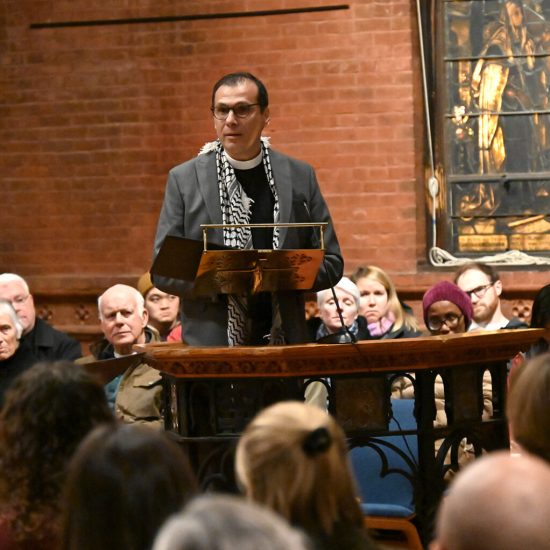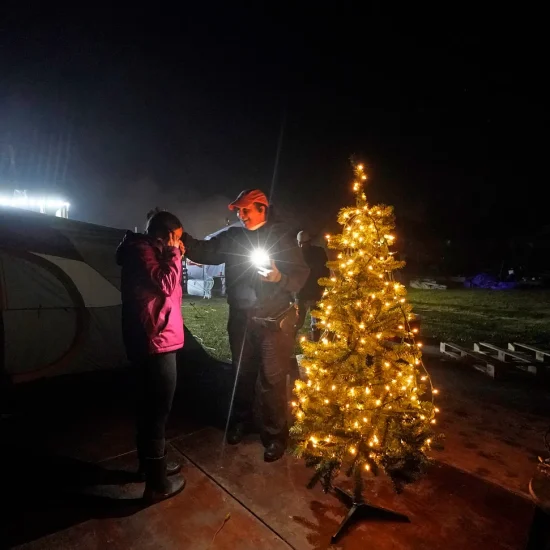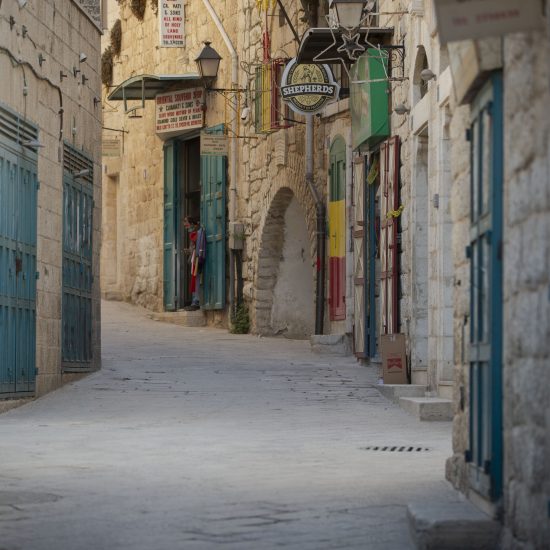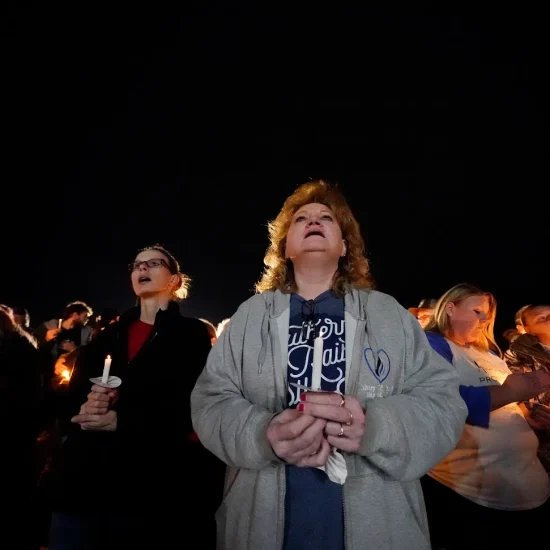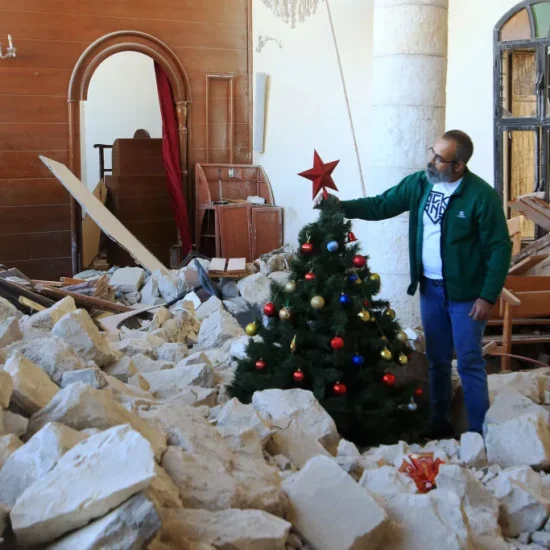“Memories, Christmas memories,” Frank Sinatra’s baritone voice declared. “They’re the sweetest ones I know.”
For former missionaries now back in the United States, those memories often include Christmases quite different from what they experience today.
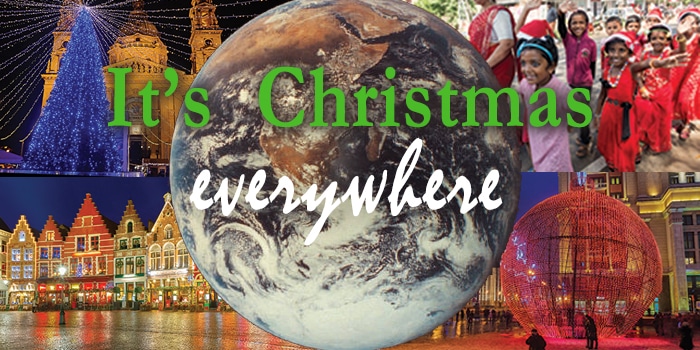 Gary Snowden served as a missionary with the Southern Baptist Convention’s Foreign Mission Board (now International Mission Board) for 16 years. He spent most of that time in Argentina before a stint in Mexico.
Gary Snowden served as a missionary with the Southern Baptist Convention’s Foreign Mission Board (now International Mission Board) for 16 years. He spent most of that time in Argentina before a stint in Mexico.
Snowden now serves as associate pastor at First Baptist of Lee’s Summit, Mo., and missions mobilization team leader for Churchnet.
“One of the major differences, of course, has to do with the fact that in the southern hemisphere, Christmas arrives during summertime rather than winter,” he recalled.
“Celebrating Christmas in shorts and t-shirts rather than sweaters and coats took a little getting used to, but we adapted to that pretty quickly.”
Beyond a different climate, Snowden noted cultural differences that also changed the feel of Christmas celebrations. One shift came with Santa Claus being called “Papa Noel.” Other changes came from the lifestyle of Argentinians.
“Argentina was always a late-night culture at any time of the year, with restaurants in the summer not opening until 9 p.m. or so and staying open until midnight or 1 a.m.,” he said. “So staying up to welcome in Christmas Day was also a common practice. Christmas Eve was always a big time to celebrate with family, and people traditionally shoot off fireworks and rockets — like we do for the Fourth of July — to welcome in Christmas Day.”
“When we first arrived there back in 1988 there weren’t very many Christmas decorations, but those had become much more popular by the time we left in 2001,” he added. “Lots of folks display a nativity set, even if they don’t have other Christmas decorations up like a traditional tree and lights.”
Snowden also noted the general lack of turkey in the traditional Christmas meal. Instead, the celebrations tended to feature “the traditional asado or barbecue of a variety of grilled meats.” The meal would also usually include a dessert of pan dulce, which he called a “sweet bread which somewhat resembles our fruitcake, but is much less sweet.”
Snowden reflected on efforts to present the gospel message during Christmas time. In particular, he remembered helping a local church with a Christmas pageant out in the neighborhood.
“The ladies of the church sewed biblical costumes for shepherds, wise men and Jesus’ family, and we blocked off the street in front of the church and presented the pageant in the open air,” he said.
“As a post-pageant celebration, we invited the choir members over to our home and, after refreshments, we walked through the neighborhood singing Christmas carols — something that most of them had never done before either, but which they greatly enjoyed.”
Bob Perry, director of church health for Greene County Baptist Association in southern Missouri, said “Las Posadas” is “a wonderful tradition in Mexico.” Perry served for seven years in Mexico as a missionary with the Southern Baptist Convention’s Foreign Mission Board. Perry explained the significance of the tradition.
“The literal meaning refers to an inn such as where Mary and Joseph sought refuge” he said. “The nights leading up to Christmas, Mexican families make a procession to a home where they knock on the door and ask for hospitality. Usually these are prearranged, and the family may go in and have refreshments or a meal. It is a time of celebration.”
“Sometimes some of those seeking posada will dress as Joseph and Mary and act out the drama of seeking a place for the night,” he added. “It is a good symbolic lesson for the children that we should always find room in our lives for Jesus. I’m sure versions of Las Posadas are observed in parts of the United States where many Mexican-Americans live and carry on their cultural traditions.”
Reflecting on his time in Mexico, Perry noted he misses the “amazing beauty of the poinsettia at Christmas time.” Although poinsettias are fairly common in Christmas festivities in the U.S., he still misses those in Mexico.
“The flower is called the nochebuena in Mexico,” Perry explained. “It is the same word that denotes Christmas Eve. The literal meaning is ‘Good Night,’ and is called this because it is the night Christ was born. When we arrived in Mexico, the front wall of the rental house that had been arranged for us was covered with poinsettia flowers. The stalks were 10 feet tall, and they had grown like a shrub to be at least 15 feet wide. Perhaps you can imagine that expanse covering the front of the house with the huge, beautiful, red blossoms of the nochebuena. They continued to bloom well into February.”
As Sinatra sang, when December rolls around “I remember every Christmas I’ve known.”

